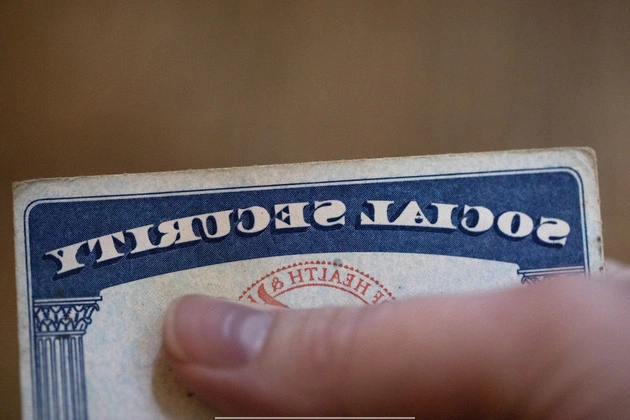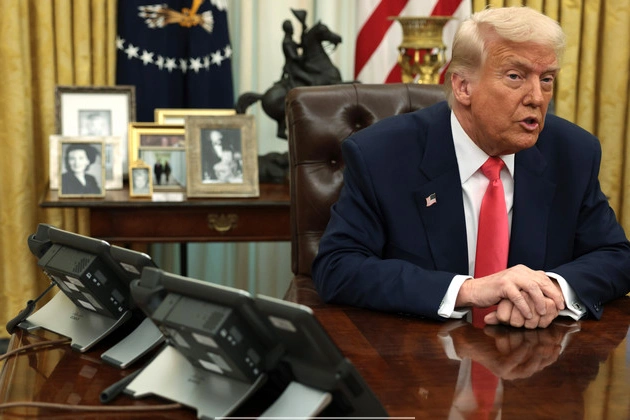
The Supreme Court recently made a crucial decision regarding President Trump’s attempt to remove a federal ethics watchdog from his position. Despite Trump’s urgent appeal, the Court opted to delay any immediate action, allowing the watchdog to continue his duties for the time being.
Background of the Dispute
This dispute marks a significant confrontation over executive power during Trump’s second term in office. It centers on the president’s authority to dismiss executive branch officials without due process.
President Trump’s emergency appeal sought to overturn a lower court’s ruling that reinstated Special Counsel Hampton Dellinger, who oversees whistleblower complaints and enforces political activity restrictions for federal employees. The Supreme Court’s decision to postpone a verdict on the matter until February 26th sets the stage for further legal battles.
Implications of the Delay
With the delay granted by the Supreme Court, Dellinger remains in his role, appointed by President Biden for a five-year term. The legal dispute revolves around the interpretation of a federal law that limits the president’s authority to remove the special counsel only for specific reasons like misconduct or poor performance.
Trump’s actions to dismiss Dellinger without cause have sparked constitutional debates about the extent of executive power and the independence of federal agencies. This conflict is part of a broader effort by the administration to exert control over regulatory bodies traditionally operating autonomously.
The Court’s Decision and Reactions
While the majority of the Supreme Court refrained from an immediate ruling on Trump’s appeal, dissenting justices expressed concerns about the implications of allowing the lower court’s order to stand. Justices Sotomayor and Kagan disagreed with the delay, advocating for a swift rejection of Trump’s appeal.
Special Counsel Dellinger welcomed the temporary reprieve, emphasizing the importance of his role as an independent advocate for government transparency and accountability. The Office of Special Counsel’s functions, though relatively obscure, play a vital role in investigating whistleblower complaints and enforcing ethical standards in the federal workforce.
Looking Ahead
The ongoing legal battle highlights the delicate balance between presidential authority and institutional safeguards within the executive branch. As the case unfolds, it raises critical questions about the limits of executive power and the role of independent oversight in government operations.
Stay tuned for updates on this evolving story as the courts navigate the complex intersection of law, politics, and governance in the United States.















